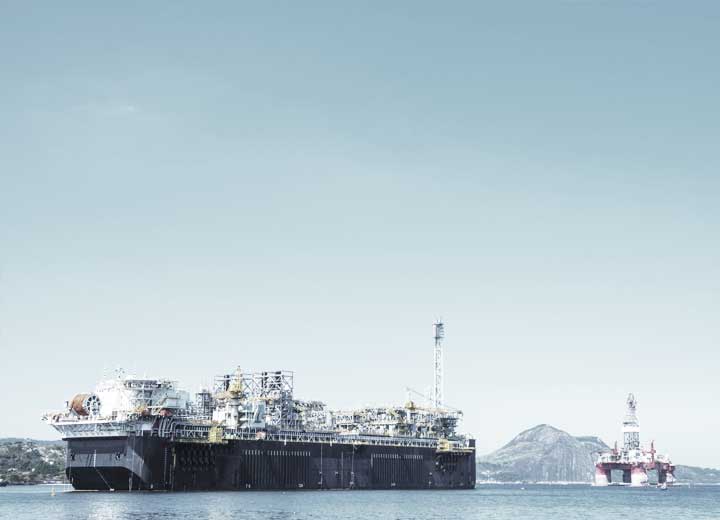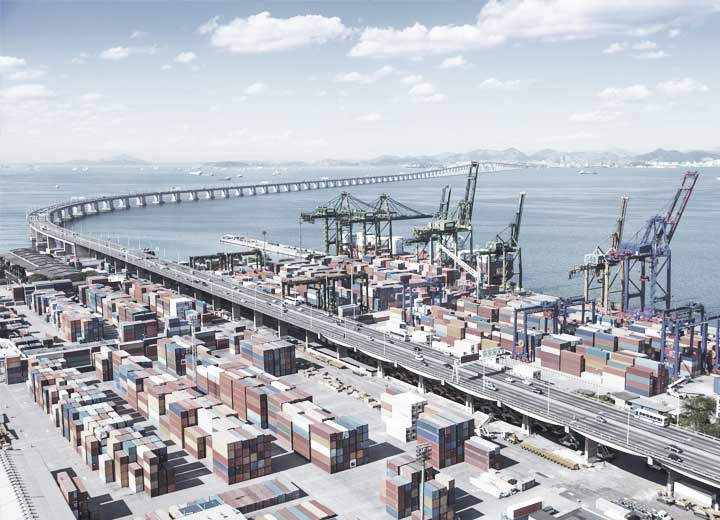
Now that the euphoria with the result of the 5th Round of Airport Concessions has passed, an analysis of the results obtained reveals a maturation of the concessions model adopted by the federal government. Choices made in the past, however, still pose challenges for the most varied of players in the industry, both in the public and private spheres. The proposal to classify 22 airport concessions as being priority in the Investment Partnerships Program (PPI) creates expectations for the coming year.

The evolution of the Brazilian economy in recent years has brought new challenges to those responsible for the management of closed private pension entities (EFPCs), governed by Complementary Law No. 109/2001 (LC 109) and by Law No. 6,404/1976 (the Brazilian Corporations Law). Unlike companies that have the purpose of obtaining profit for their shareholders and other stakeholders involved, however, EFPCs aim at the management of funds for the payment of pension benefits to their beneficiaries.

Executive Order (MP) No. 863/2018, which extinguishes the 20% limit on the participation of foreign capital in Brazilian airlines, should be reviewed by the plenary session of the Chamber of Deputies later this month. On last April 25, the joint committee of senators and federal deputies that examined the matter approved the final text of Conversion Bill (PLV) No. 6/2019, which makes changes to the proposal originally submitted by the Executive Branch.

Approved in the Federal Senate in December of 2018 (PLS 484/17) and currently pending in the Chamber of Deputies, Bill 11,247/18, although controversial, may represent an important advance for the expansion of renewable energy sources in the Brazilian energy matrix.

Federal Law No. 13,726/18, or the De-bureaucratization Law, enacted in October, not only authorizes, but also obliges public servants to dispense with or at least simplify formalities or requirements in their dealings with citizens. Among them are the following

In January, the state government of São Paulo enacted Law No. 16,933/2019, which regulates the institutes of contract extension, early extension, and rebidding in the State of São Paulo. This law is similar to the rules set forth in Law No. 13,448/2017, which governs the same institutes in the federal public administration sphere.

In a letter sent to Cade, ANP analyzes measures necessary to promote competition in the natural gas market and advocates for the implementation of a gas release program to ensure a smooth transition.

A draft legislative decree (PDC) is pending before the National Congress which scope is to eliminate the provision for mandatory registration as “support facilities for water transport” of FSRUs (Floating Storage and Regasification Units – i.e., gas vessels) with Antaq (the National Agency of Waterway Transport).

The enactment of a new version of the Sanitation Executive Order took place in the transition between governments at the federal level later this year. The first version of the Executive Order lost its effectiveness due to the expiration of the time limit without timely approval of its conversion into law. Despite the difficulties in approval by the Legislature, the new Executive Order replicates the previous text with some relevant changes. The news reveals a reinforcement of the private participation in the sector and in the initiative of the Federal Government in providing financial and technical support to states and municipalities for basic sanitation projects.

On the eve of the end of the government and with frustrated expectations regarding the advance of Bill No. 6,407/2013 (the Gas Bill), President Michel Temer enacted on December 17, Decree No. 9,616 in order to amend Decree No. 7,382/2010, which regulated Chapters I to V and VIII of the Gas Law.

On December 13, President Michel Temer signed Presidential Decree (MP) No. 863, which extinguished the 20% limit on the participation of foreign capital in Brazilian airlines.

The collision of the Tunisian-flagged container ship Ulysse with the Cypriot-flagged freighter CLS Virginia near the island of Corsica in the Mediterranean Sea in early October spilled dozens of cubic meters of fuel oil and mobilized French and Italians in an attempt to contain the oil spill in the sea. The oil slick stretched for about 20 kilometers towards the French coast in a strip 100 meters wide. The authorities involved have not yet disclosed the cause of the accident, but given the good conditions of visibility and weather, the accident was probably caused by human error.[1]

In September, BNDES approved four credit transactions for three different companies in the rail sector, totaling almost half a billion Brazilian Reais for the revitalization of lines, maintenance of equipment, and purchases of new railcars and machinery. This measure is in line with the new governmental policies and directives for the promotion of the railway sector, which, since 2007, when the North Section of the North-South Railroad was subject to a sub-concession, has been suffering from a lack of consistent privatization projects.

The infrastructure financing sector in Brazil has undergone significant structural and strategic changes in the last two years. These changes were mainly focused on the strategic redefinition of the National Economic and Social Development Bank (BNDES), which has gradually withdrawn from its centralizing role in financing transactions to assume a profile more complementary to the capital market, with new financing conditions and the adoption of the Long-Term Rate (TLP), which replaced the Long-Term Interest Rate (TJLP).

With the issuance of GM Ordinance No. 517/2018, the Ministry of Transport, Ports, and Civil Aviation provided guidance, at the beginning of October, on the procedures and requirements for the approval of investment projects as a priority in the area of infrastructure, in the logistics and transport sector, and for the issuance of incentive debentures. The text of the rule puts into effect the provisions of article 2 of Law No. 12,431/2011, which regulates the conditions for the offer of incentive debentures with the objective of financing priority investment projects.